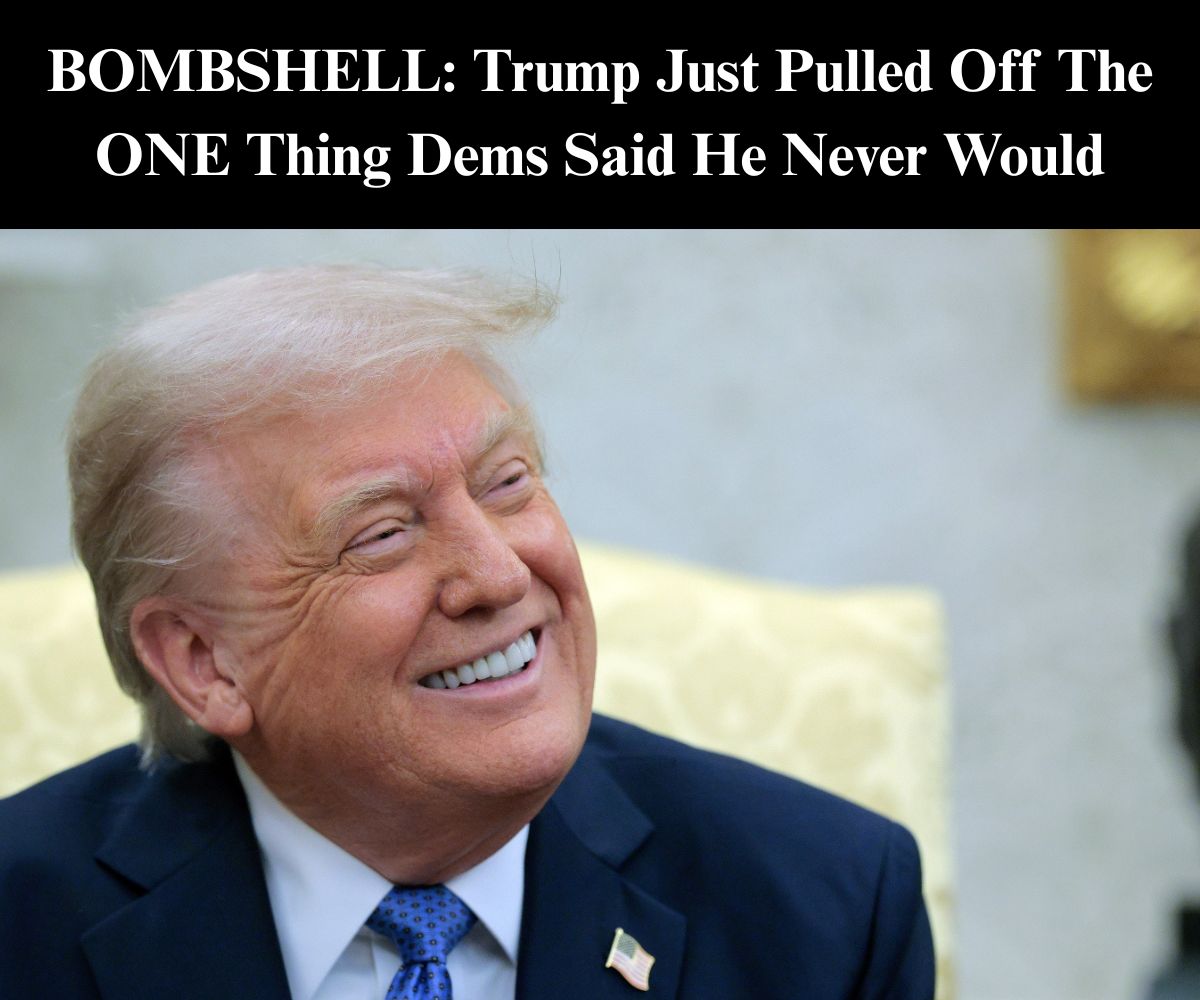A key Democrat talking point against President Donald Trump has been that he is going to destroy the economy of the United States, but new data shreds that theory.
A Friday report showed that Trump has not only slowed the growth of the national debt by a massive 92 percent but, since Inauguration Day, he has actually reduced the size of it, The Washington Examiner reported.
It showed that between January 22 and May 6, the national debt held by the public increased by around $37 billion.
During the same timeframe last year, with former President Joe Biden in the White House, the amount of debt rose by more than $478 billion.
The news comes as Democrats and some in the media have adopted a “sky is falling” approach to the international response to the president’s tariff plans.
And there has been good news on the tariff front for the administration.
The US and Chinese officials are currently continuing their tariff discussions, but China has already made concessions, either as a sign of good faith or as a tacit admission that the Trump administration has the communist nation in its sights.
According to the most recent sources, around one-quarter of all US imports to China have been surreptitiously spared from 125% tariffs, amounting to $40 billion in American-made items that will now reach Chinese customers without the exorbitant surtax.
The decision comes as Beijing seeks to cushion the damage to its economy from Trump’s across-the-board 145% tariff on Chinese goods.
Pharmaceuticals and industrial chemicals are among the exempted products.
Trade specialists told Bloomberg that the policy shift by Chinese President Xi Jinping to match Washington’s moves was strategic rather than conciliatory; however, it is unclear if disarmament was initiated by the White House.
On Friday, Xi’s spokesperson said Chinese officials are “evaluating” the Trump administration’s latest trade offer, a key change in tone that might pave the way for protracted negotiations on a historic revision of the US-China trade gap.
“The U.S. has recently taken the initiative on many occasions to convey information to China through relevant parties, saying it hopes to talk with China,” Reuters reported.
However, the Chinese Ministry of Commerce warned that it would not be forced into making a bad deal, adding, “attempting to use talks as a pretext to engage in coercion and extortion would not work.”
On Thursday, U.S. Treasury Secretary Scott Bessent told Fox News’ Maria Bartiromo that he believes Beijing officials are ready to make a deal after weeks of punishing tariffs that may soon cost China’s economy between five and 10 million jobs.
“I am confident that the Chinese will want to reach a deal. And as I said, this is going to be a multi-step process. First, we need to de-escalate. And then over time, we will start focusing on a larger trade deal,” Bessent said.
Both parties exempted a limited number of product categories. China, for example, recently established an exception for ethanol imports, emphasizing the essential importance of the fuel source to its economy.
The new tone established by Xi contrasts sharply with the hostile attitude of a speech delivered by Chinese U.N. Ambassador Fu Cong last month at a U.N. Security Council meeting headlined “The Impact of Unilateralism and Bullying Practices on International Relations.”
“Under the guise of reciprocity and fairness, the U.S. is playing a zero-sum game, which is essentially about subverting the existing international economic and trade order by means of tariffs, putting U.S. interests above the common good of the international community and advancing hegemonic ambitions of the U.S. at the cost of the legitimate interest of all countries,” Chinese U.N. Ambassador Fu Cong said in his opening remarks, Fox News reported.
